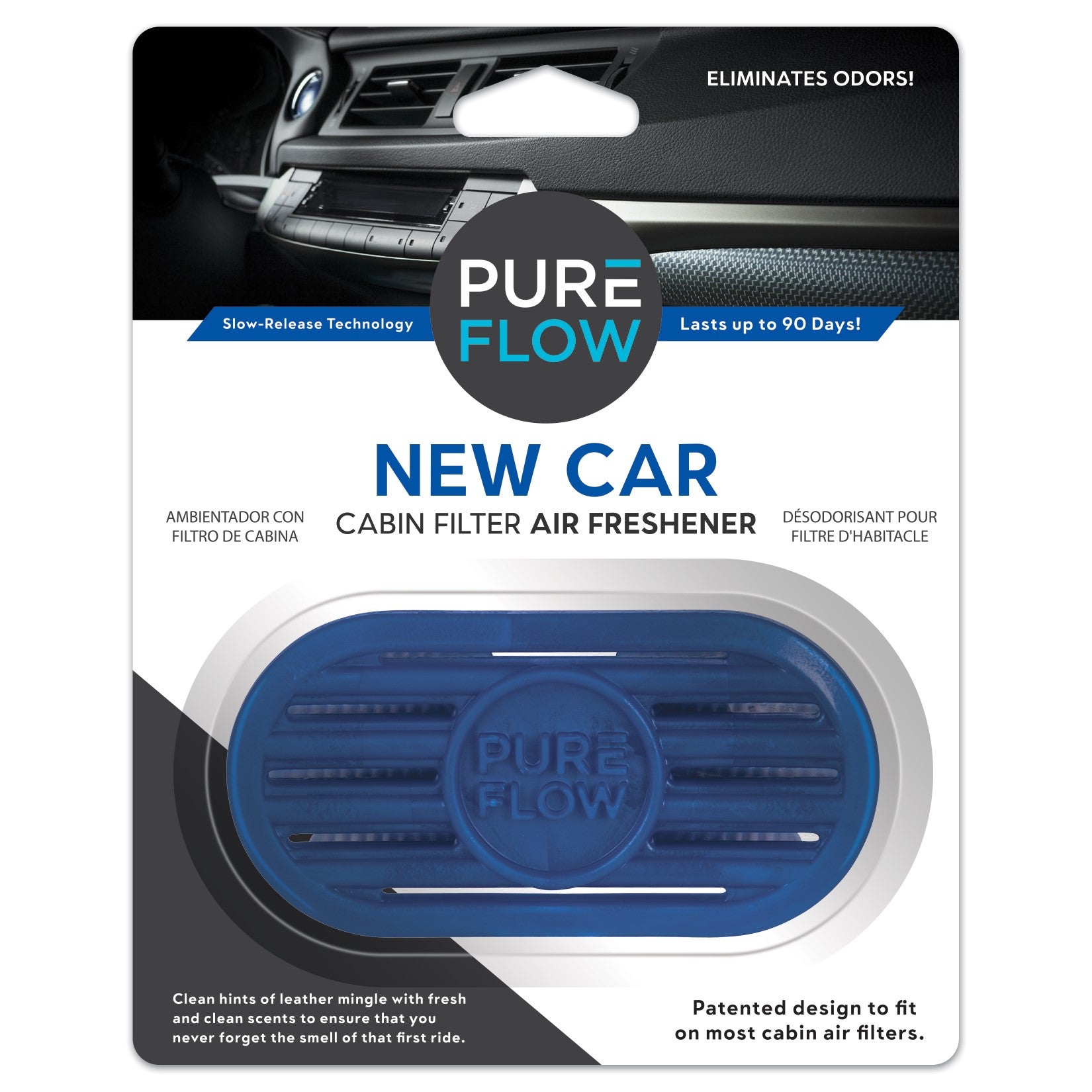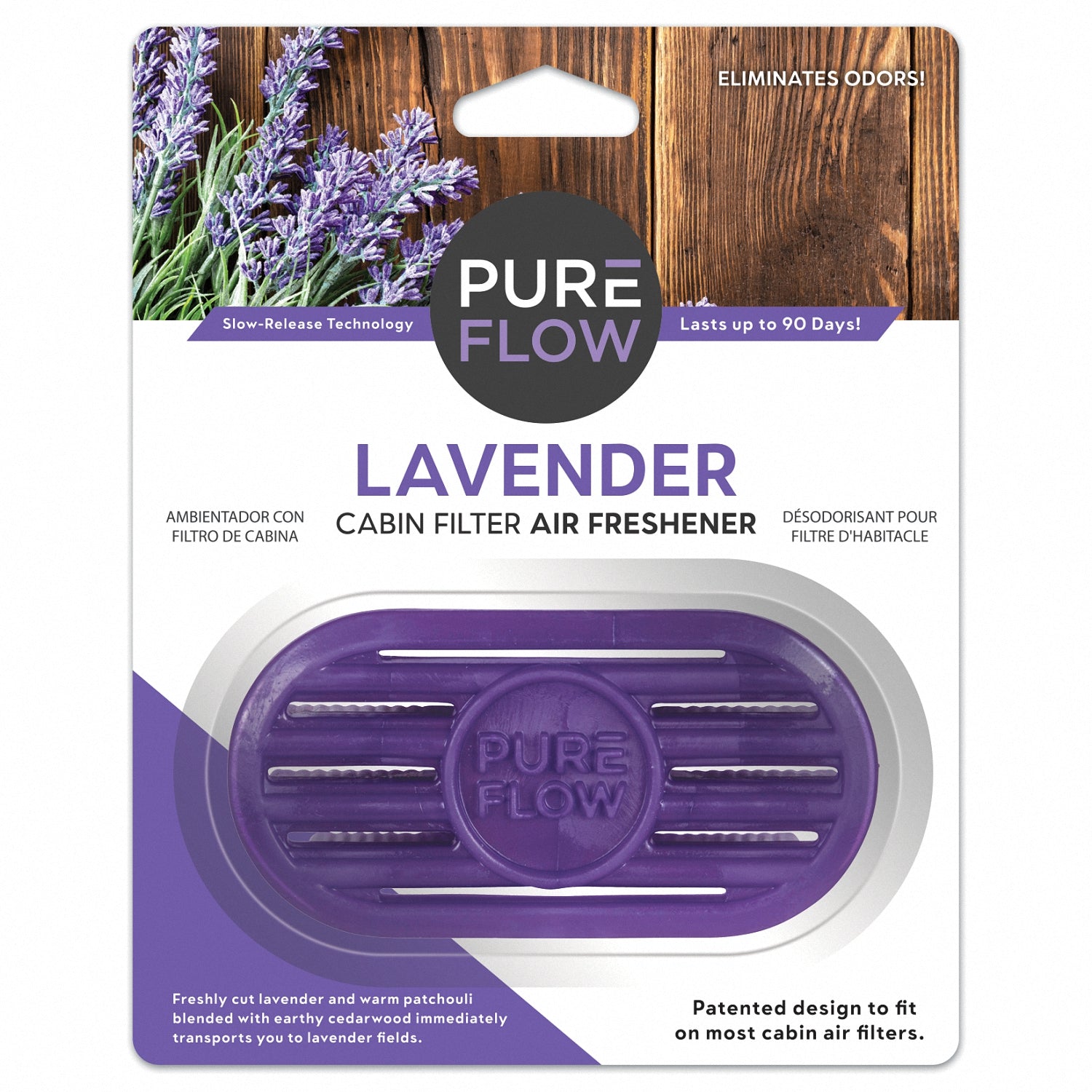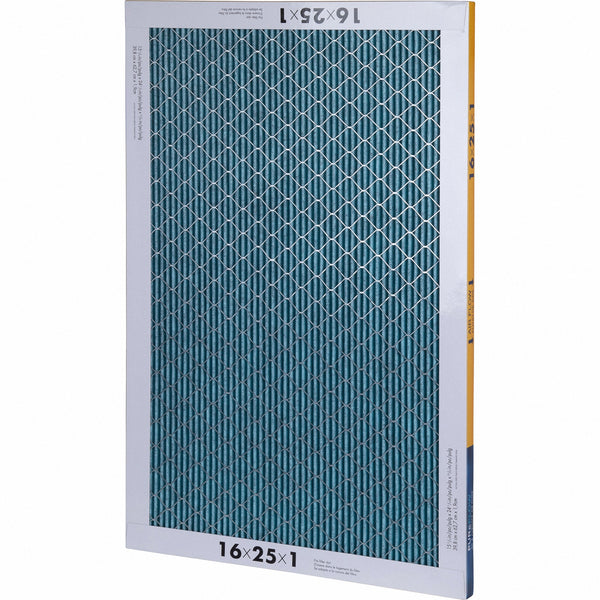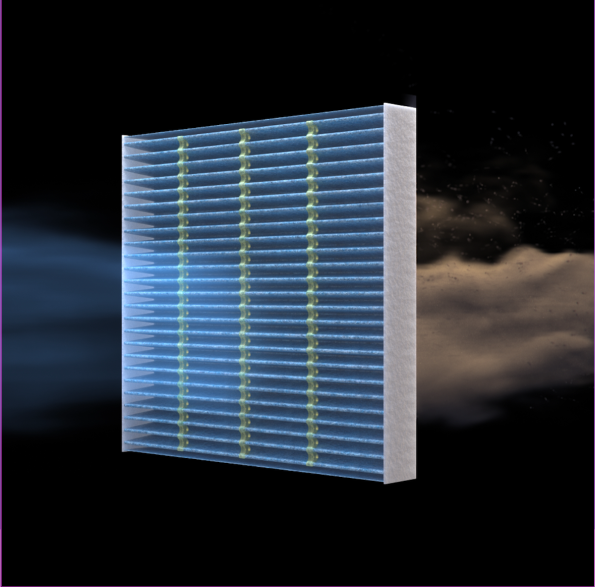Indoor air quality is a critical aspect of maintaining a healthy and comfortable living environment. One of the primary ways to improve indoor air quality is by using HVAC air filters. However, not all air filters are created equal, and their effectiveness can vary depending on their MERV rating.
What is MERV Rating?
MERV stands for Minimum Efficiency Reporting Value, and it measures the effectiveness of an air filter in capturing airborne particles of various sizes. The MERV rating ranges from 1 to 20, with 1 being the lowest and 20 being the highest. The higher the MERV rating, the more effective the air filter is at capturing small particles.
Here is a chart of MERV ratings and the particle size range they can capture:
|
MERV Rating |
Particle Size Range (microns) |
Typical Applications |
|
1-4 |
> 10.0 |
Residential use, minimal filtration |
|
5-8 |
10.0 - 3.0 |
Residential and commercial use, capturing pollen, dust mites, and pet dander |
|
9-12 |
3.0 - 1.0 |
Residential, commercial, and industrial use, capturing smaller particles such as Legionella, humidifier dust, and lead dust |
|
13-16 |
1.0 - 0.3 |
Hospital and laboratory use, capturing particles such as bacteria, smoke, and respiratory droplets |
|
17-20 |
< 0.3 |
Cleanrooms and sensitive electronic equipment, capturing very small particles such as viruses and carbon dust
|
Why is MERV Rating Important?

Selecting the right home air filter with a suitable MERV rating is crucial in ensuring that your HVAC system operates efficiently and provides clean air. Using a filter with a higher MERV rating ensures that smaller particles such as bacteria, pollen, and mold spores are effectively captured, preventing them from circulating throughout your home. This is especially important for people with allergies or respiratory issues.
It's worth noting that while higher MERV ratings provide better filtration, they also restrict airflow and can put more strain on your HVAC system. That's why it's crucial to select an air filter with a MERV rating that strikes a balance between filtration efficiency and airflow.
How Often Should HVAC Filters Be Changed?
The frequency of filter replacement depends on several factors, such as the MERV rating, the number of people in the house, the presence of pets, and the level of outdoor pollution. A general rule of thumb is to change filters every 1-3 months, but this may vary depending on your specific circumstances.
It's essential to regularly check your air filter and replace it when it becomes dirty. A dirty air filter restricts airflow, which can lead to reduced system performance and higher energy bills. Additionally, a clogged filter can cause your HVAC system to work harder, leading to premature system failure and costly repairs.
In conclusion, selecting the right air filter with an appropriate MERV rating and changing it regularly is crucial in maintaining healthy indoor air quality and keeping your HVAC system running efficiently. PUREFLOW®, a leading manufacturer of filtration products for auto and home, offers HVAC filters with an advanced 4-stage filtration process. This process stops dust, dirt and other harmful airborne components from entering the ductwork and settling on critical components. To learn more about PUREFLOW HVAC filters, please visit www.pureflowair.com.











































